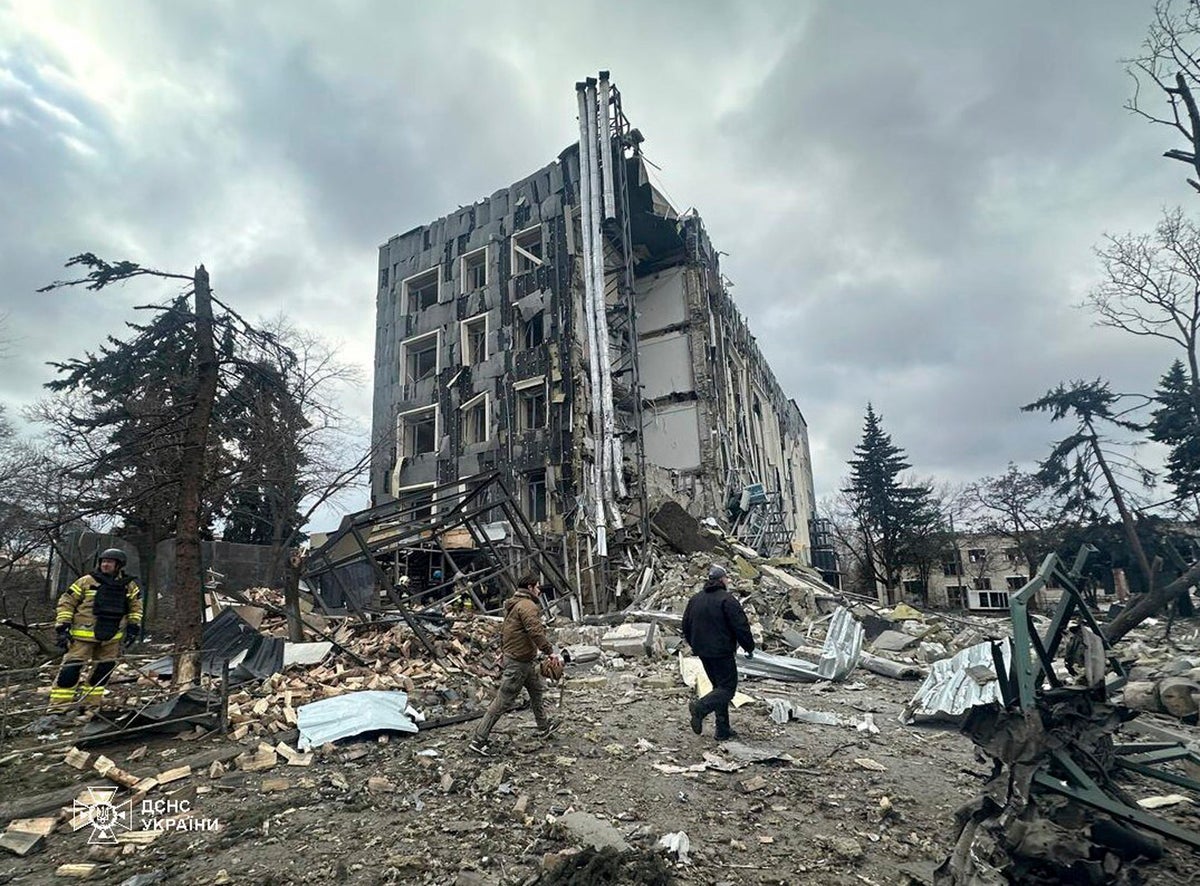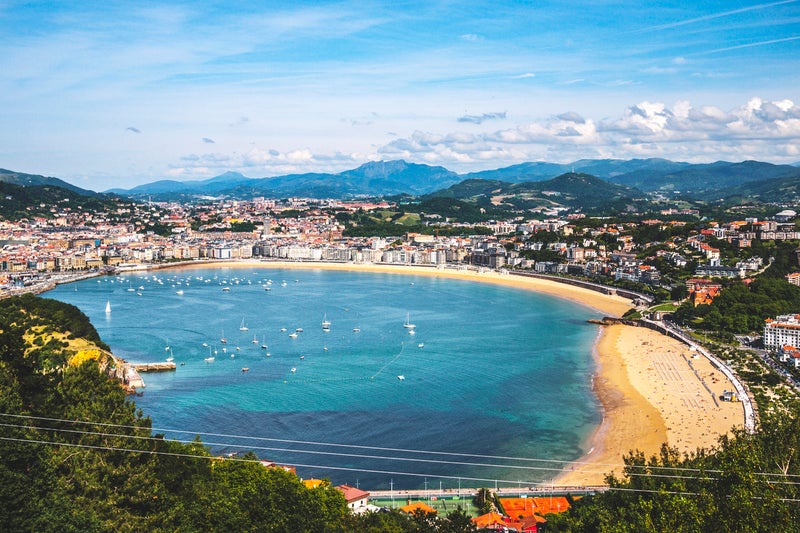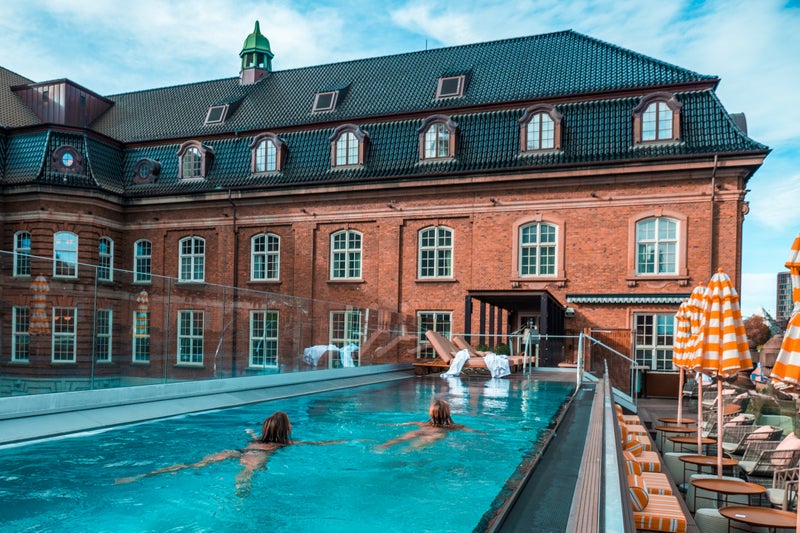The tiny former Soviet republic’s determination not to be cowed by the Kremlin could provide a template for the west on how to hold back the tide of subversion and corruption. How can a democracy defend itself from an attacker who does not respect any democratic rules?.
![[Peter Pomerantsev]](https://i.guim.co.uk/img/uploads/2023/06/10/Peter_Pomerantsev_V2.png?width=75&dpr=1&s=none&crop=none)
When your assailant uses corruption, blackmail, economic war, cyber attacks, covert campaigns and street violence – while all you have are inefficient courts and even slower international institutions. Can you lose your sovereignty by being too soft? If you respond with censorship or even cancelling elections, don’t you lose your values?.
![[Pro-democracy candidate Maia Sandu at the inauguration ceremony for her second term in office as president of Moldova]](https://i.guim.co.uk/img/media/db7c8a4d387935b057bfa18bdb3264fc4b899a2c/0_0_1910_1146/master/1910.jpg?width=445&dpr=1&s=none&crop=none)
It’s a challenge for any country as the “international rules-based order”, for what it was ever worth, disintegrates. But it is perhaps sharpest in Moldova. Nestled between Ukraine and Romania, the nation of 2.4 million is being targeted with relentless Russian malign influence operations – a small country made into a vast laboratory of subversion. As the president, Maia Sandu, put it when I met her earlier this month: “Our democratic processes were not designed for these kind of dangers to democracy.”.
![[A group of mostly middle aged women holding a banner under a sea of Moldovan flags.]](https://i.guim.co.uk/img/media/378901e9335e7f9d605cb1868713a5299370b7ae/0_0_3456_4320/master/3456.jpg?width=445&dpr=1&s=none&crop=none)
But Moldova can also be the place where democracies can learn to fight back against such attacks, while remaining true to themselves. As the US retreats from supporting a secure and democratic Europe, Vladimir Putin will become ever more emboldened. Britain and EU countries need to reinvent how we keep ourselves free.
![[An elderly woman casts her ballot from what looks like her bed]](https://i.guim.co.uk/img/media/95ae4e062df23fb6113c9bd2fda6167a4abcec60/0_310_4882_2929/master/4882.jpg?width=445&dpr=1&s=none&crop=none)
And it’s desperately important to get this right in Moldova, a country that once formed part of the Soviet Union and is now an EU accession country. Moscow’s ultimate aim, Sandu argues, is to help bring its allies to power in Moldova, and then use Moldova to threaten Ukraine from the west and the EU from the east. In the short term, Moscow wants to show that it can use all measures short of outright invasion to keep nations it sees in its “zone of influence” chronically destabilised.
The more it can pull off such acts of malign influence, the more its status as a reborn superpower is enhanced, and the weaker the hopes for liberal democracies surviving in a dog-eat-dog world will seem. Sandu appears a personification of such hopes. A slight figure in the spare, high building of the presidential palace, she comes across as principled, neat, precise. She has won two presidential elections on a platform of EU integration, institutional reforms, rule of law, transparency and anti-corruption: the bouquet of concepts that were meant to denote membership of “developed” countries.
While so many of these terms have become hollowed out with hypocrisy, Sandu has a reputation for actually living them. Her father was a vet and the director of a cooperative farm in Soviet Moldova, where he was known for clamping down on workers stealing from the farm. Sandu studied management, attended Harvard, then spent two years as an adviser to the head of the World Bank. As minister for education she made her name introducing CCTV cameras in school exam rooms to stop bribes and cheating – it was unpopular at first, but worked.
In a country where people have often become politicians to either grow rich or protect their wealth, Sandu lives in a regular apartment. She’s unmarried, which has brought much misogyny from her rivals, who accuse her of not being “interested in what is happening in the country because she has no children here”; betraying “family values” and of being a “laughing stock, the sin and the national disgrace of Moldova”. She once tartly replied: “I never thought being a single woman is a shame. Maybe it is a sin even to be a woman?”.
Sandu won re-election last year with 55%, but her referendum that committed Moldova to EU entry only squeaked through: 50% to 49%. As Sandu reels off the list of active measures taken by Moscow and its proxies over the election, worth an estimated $200m – 1% of the country’s GDP – the scale and scope is startling. Perhaps most audacious was a vote-buying scheme run by a fugitive oligarch, Ilan Shor, who has been indicted for stealing $1bn from Moldovan banks, and is now based in Moscow.
The scheme involved organising often poor, elderly people to register online accounts with a sanctioned Russian bank. They then downloaded a chatbot on the messaging app Telegram that told them how to vote, protest against Sandu or come to the pro-Russian party rallies. People would only get paid once they had completed all the tasks, and would often need to photograph themselves completing them.
Those involved could see the money hit their accounts – but they couldn’t take the funds from the sanctioned banks easily. So they were meant to put in more effort for the pro-Russian party to win and then remove the sanctions on the bank. “The motivation was very well structured,” admits Sandu.
The plot was foiled by the Moldovan police and undercover journalists at Ziarul de Gardă newspaper. A total of 138,000 bank accounts were identified – out of some 1.5 million voters. So about 10% of the electorate were paid to vote a certain way. But that could just be the tip of the vote-buying scheme: crypto payments and old-fashioned hard cash incentives were also used, with customs identifying a sudden wave of men travelling in from Moscow with hard cash totalling many millions in the run-up to the vote.































